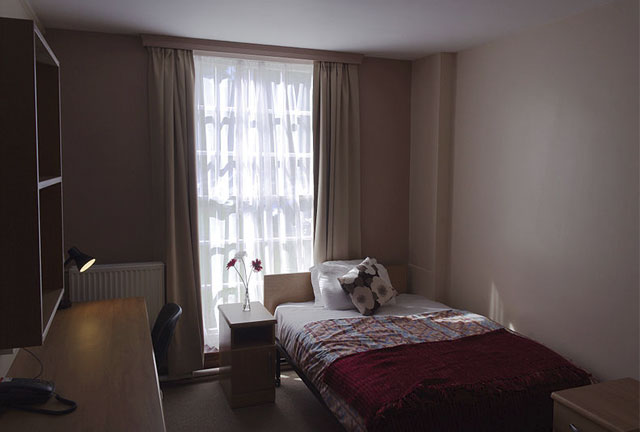What Is a House in Multiple Occupation (HMO)?
A house is a HMO if it is inhabited by non-related individuals who share the home’s amenities; for example, student properties, bedsits, hostels, boarding houses and some support accommodation. The property must be the tenants’ main residence for it to be considered a HMO.
Do I Need a HMO Licence?
A HMO licence is needed if you rent out or own a property that has 3 or more storeys and there are 5 or more unrelated tenants living in the home. The landlord or the person in charge of managing the property must apply for this.
The property will then be inspected and an application will be approved. The cost of this will vary but the average cost is around £800.
What Responsibilities Will I Have?
As a landlord of a HMO you are responsible for the following:
• Fire safety checks – smoke detectors and heat detectors.
• Annual gas safety checks.
• A check of the electrics every 5 years.
• Assuring the property is not overcrowded.
• Adequate washing and cooking facilities.
• Communal areas are in good repair and to a habitable standard.
• There is a suitable amount of rubbish bins in order to reduce the risk of fire.
• Any repairs needed to:
o The structure or exterior of the building.
o Water and gas pipes.
o Electrics.
o Bathroom facilities such as basins, baths and toilets.
o Radiators and water heaters.
Who Do I Need References For?
You will need a reference from every separate party renting from you. For example, in a student house you will require a reference for each individual; or with working professionals, a reference per couple or per family. This should be from a previous landlord to vouch for their character and the ability to pay their rent on time. A reference is not essential but it is highly recommended.
What aboutFinance and Insurance?
HMO mortgages and insurance can be complicated and sometimes difficult to secure, but they don’t need to be. Although not found with many mainstream lenders, there are specialist types of finance for such a business venture. Using a broker for this type of commercial finance will put you in front of the lenders who are interested whilst also helping you find the best deals.
HMO mortgages are essentially buy-to-let mortgages for homes with multiple tenants; they are often re-paid in monthly instalments using the rental payments received from said tenants.
There is also specialist HMO insurance to protect your investment. This comes with loss of rent and building cover as standard, with a few optional extras including cover of landlord’s contents if the property is provided as furnished, and legal protection. It may also be a good idea to insure against property owners’ liability in case someone injures themselves in the property; and employers’ liability if you are a property developer.
Are you currently considering a HMO investment? If you have any further questions then get in touch.






